By Rainer Rupp.
In Vladimir Putin’s 16th speech to the nation, the Russian president was not just talking about the constitutional changes he had proposed, which are now being discussed in the Western media as Putin’s new coup to retain power beyond 2024, but also about important aspects of Russian domestic and social policy. The latter is intended, among other things, to legally improve the living standards of the Russian population. Among other things, the president has proposed “to fulfil the social obligations of the state in every situation throughout the country and to anchor a rule in the constitution that, for example, the minimum wage should not be below the subsistence level of the working population”. (1)
In Vladimir Putin’s 16th speech to the nation, the Russian president was not just talking about the constitutional changes he had proposed, which are now being discussed in the Western media as Putin’s new coup to retain power beyond 2024, but also about important aspects of Russian domestic and social policy. The latter is intended, among other things, to legally improve the living standards of the Russian population. Among other things, the president has proposed “to fulfil the social obligations of the state in every situation throughout the country and to anchor a rule in the constitution that, for example, the minimum wage should not be below the subsistence level of the working population”. (1)
In doing so, Putin emphasised that families with children, as well as kindergartens and schools, receive special support (2). In future, for example, free hot meals are to be available in all schools. Families with many children should pay only a part of the mortgage when buying a house or an apartment, the other part is to be paid by the state, not with cheap but repayable loans but as a special repayment, which is equivalent to a gift of money.
This package also includes a significant increase in financial support for large families, comparable to German child benefit. The increase is to take effect retroactively from 1 January 2020. It is also part of Putin’s social package, with which the president wants to bring the nation’s population growth back into positive territory.
At the same time, the salary increases are intended to make the teaching profession more attractive again, as Putin has given education a particularly high priority.
Putin has also announced far-reaching changes in medical care, which should, above all, bring about a lasting improvement in the situation of people living in sparsely populated areas in the vastness of Russia. To this end, state universities in remote regions are to be strengthened. These should offer special support programmes to attract students. In order to then later discourage educated academics from migrating to the big cities and staying there instead, President Putin has obviously been inspired by a concept that has proven itself in Belarus (Belarus) and Cuba for decades.
In Cuba and Belarus, the particularly favourable study conditions for medical students are combined with the obligation to work as a “family doctor” in the countryside for the first few years after finishing their studies in order to provide comprehensive medical care wherever possible. In order to make this concept even more attractive for the young rural doctors, they are provided with free apartments and surgeries and are paid decent salaries.
The continuous improvement of the social situation of the broad masses has been happening in Russia not only since yesterday. Even the severe Western sanctions could not stop this development permanently. Thus Russian social and societal policy is in strong contrast to the Western NATO countries. Although these countries have more financial resources per capita than Russia to shape a socially acceptable social policy, the “ruling elites” of the value West do exactly the opposite.
For almost three decades now, our governments have been systematically overexploiting the former social achievements for which our fathers and grandfathers had often fought at the risk of their lives or health. On behalf of their masters, the oligarchs of the financial and industrial corporations, the governments of all Western countries – no matter in which political coalitions – have successfully, with the help of so-called “reforms” and other anti-social laws, taken from the working masses and given to the rich.
Lord Blankfein, then head of Goldman Sachs, probably the most powerful financial group in the world, had said in a speech in London in 2009 that he, like all other bankers, “We are doing god’s work.”(3) Psalm 127 from the Bible fits this, of course: “for he grants sleep to those he loves.”. And this even though the cause of the West’s economy, which is still languishing today, lies in the irresponsible betting activities of Western financial casinos, which were subsequently saved with our tax money.
And what does all this have to do with the speech on the nation of Putin? A lot!
Putin inherited the leadership of a country 20 years ago which, under President Yeltsin, had been driven into bankruptcy and chaos with the active help of Western advisors. With his patriotic government team, Putin then succeeded in largely eradicating the neoliberal Western virus in Russia and in stabilising his country. In doing so, he naturally incurred the wrath of the West. And the West’s anger at Putin has only increased after Putin showed that Russia – bypassing the poisoned Western recipes – was able to successfully achieve its goals: namely economic growth, social security and modest prosperity for the population, international prestige and sufficient military strength to deter the West from military adventures.
And what have the governments of the “value West” achieved in their countries during the same period?
Today, more than half the population is worse off than 20 years ago. A large further section of the population is no better off than it was 20 years ago. This is not only due to the fall in real wages for large sections of the population. In addition, purchasing power has also fallen, because today people have to pay for countless goods and services that used to be free, a problem that particularly affects the low-income earners. Large parts of the welfare state have been dismantled, partly with the help of the EU.
At the same time, the public sector, the community of cities and municipalities have been impoverished to an intolerable level. Western societies are divided, the former job security and people’s confidence in the future have disappeared and worries and fear have taken their place. And so on and so forth.
In summary this means that our Western governing elites, as vassals of the USA, have successfully destroyed our societies over the last 20 years. Only a very small part of the already very rich money aristocracy has profited infinitely from this sick development.
It is therefore not surprising that the Western media do not even mention Putin’s plans to improve the living standards of the Russian population. This would cast a bad light on the “value West” , which is reducing social standards. As if they had come to an agreement, the attention of Western journalists is therefore focused exclusively on the part of Putin’s speech that deals with the proposed constitutional changes. After all, every child knows that if such proposals come from Putin, then they can only be underhanded, anti-democratic plans to keep the ex-KGB agent in power. And, of course, all the presstitutes who want to continue to earn a living in the “value West” adhere to these guidelines.
The Russian Federation is currently still a republic in which the president, similar to France and the USA, is endowed with a particularly great deal of power. A strong unified leadership was particularly important after the chaotic Yeltsin period in order to stabilize the so-called “Wild East”. At that time, Western democracy helpers were free to act and rule in Russia as they pleased, and they still praise the lawlessness of that time as Russia’s high time of democracy.
As part of the president’s strong position, Putin, similar to the French and US presidents, was able to appoint the government, i.e. the prime minister and his ministers, whereby in Russia’s case these offices are not filled by party soldiers but, as a rule, by non-party and experienced experts in the respective subjects. The parliament, i.e. the Duma, can only approve the government. This is now to change on Putin’s suggestion, because the President wants to relinquish part of his power.
In his speech, Putin said that the country and society have now been stabilized to such an extent that the next step towards broader democratization can be taken. However, Putin added that a country as large and diverse as Russia, with more than 130 ethnic groups and all the world religions, can hardly be governed as a purely parliamentary republic. Therefore a presidential republic with a president equipped with a great deal of power must remain. In spite of this, Putin is counting on a greater separation of powers.
According to Putin’s proposal, in future the parliament should elect the head of government, who then appoints his ministers. The president would then only have the right to dismiss the head of government if he does not fulfil his duties. However, the president should continue to set the government’s guidelines and goals, similar to the Chancellor’s authority over other ministries in Germany. In addition, Putin has announced that a referendum must be held on the elaborated constitutional reform. The new constitution will only come into force after it has been approved by the people.
At this point it should be remembered that our German leaders, who like to present themselves to the whole world as model democrats, have, after the annexation of the GDR to the FRG, denied the German people with all their strength the right to their own constitution and to a vote on it.
Furthermore, according to the news agency Sputnik, the Russian president had proposed;
that the Constitutional Court shall review the constitutionality of all adopted bills before the Head of State signs them;
to tighten the criteria for presidential candidates. They should have been permanently resident in Russia for at least 25 years and should not have held foreign citizenship or residence permits either at the time of nomination or ever before; (Note: this is to prevent so-called foreign-controlled submarines)
to establish in the Constitution the primacy of its own Constitution over all international agreements. Accordingly, on the territory of the Russian Federation the requirements of international authorities, treaties and agreements would only be valid if they were in accordance with the Russian Constitution; (Note: this would include, for example, decisions of the Russophobic European Court of Justice).
and last but not least, the reservation “in succession” should be deleted from the constitutional provision – that “the same person may not hold the office of president for more than two terms in succession”.
The Western media in particular jumped at this and immediately speculated about a power struggle in the Kremlin. These speculations were fed by the unexpected resignation of Russian Prime Minister Dmitry Medvedev and all the ministers in his government, which came immediately after Putin’s speech. This resignation was, however, apparently agreed in advance in order to make room for reforms without delay. Nor was Medvedev sent to “Siberia”, but was given an influential new position in Russian foreign and security policy.
Nevertheless, on 15 January, the ZDF’s “Heute-Journal” reported luridly on the “Moscow power games – Russia’s government resigns” on the “current situation” in Russia. And the “Heute Journal” presenter Christian Sievers could not hold back with a Putin joke:
“I still have an old Russian joke”, Christian Sievers began. “Putin and Medvedev go to the restaurant together. The waiter asks Putin: “What would you like to eat? Putin: “One chop. The waiter asks: “And the side dish? Putin says: “The side dish also has pork chops. ” The ZDF presenter added: “Jokes say a lot about reality.”
Other Western media speculated along the same lines, because if the evil Putin does something, by definition nothing good can come out of it. Another example of this was provided by the quality medium “Deutschlandfunk”. Under the title “Putin takes Moscow’s elite by surprise” (4), a Thielko Grieß explained that with the constitutional reform Putin “is pursuing the goal of securing a powerful position for himself”. The people of the country were only spectators in this process.
How Putin, whose term of office as president will not end until 2024, i.e. in just under 5 years, and who now already wants to hand over his own powers to parliament, to the office of the prime ministers and to the constitutional court, wants to “secure a powerful position for himself” with these constitutional reforms, the Deutschlandfunk chatterbox did not explain to his listeners. But this kind of reporting by Western media is typical, when it is about, no against Russia.
Interestingly enough, of all places, the website of Stratfor, the US analysis and intelligence service, provides a coherent explanation for the constitutional changes proposed by Putin. According to Stratfor, Putin has taken his first real steps towards creating a political system that he hopes will maintain the country’s course beyond his term in office. (5)
After Medvedev’s resignation, Putin may appoint a ministerial team charged with implementing the announced constitutional changes, Stratfor continues. However, the developments are only the beginning of a longer-term transition for Russia. For Putin to be able to form a system that will outlast him, many more steps are needed to ensure that before 2024, Putin’s social and patriotic legacy lives on in parliament and dominates Russian politics, whoever is currently in office as president.
Stratfor may well have hit the nail on the head.
Sources:
- https://de.sputniknews.com/politik/20200115326340834-russische-regierung-einfach-erklaert-wie-sie-frueher-war-und-was-sich-jetzt-aendern-soll/?utm_referrer=https%253A%252F%252Fzen.yandex.com&dbr=1
- https://www.anti-spiegel.ru/2020/die-kernaussagen-von-putins-rede-an-die-nation/
- https://dealbook.nytimes.com/2009/11/09/goldman-chief-says-he-is-just-doing-gods-work/
- https://www.deutschlandfunk.de/regierungsruecktritt-in-russland-putin-ueberrumpelt.720.de.html?dram:article_id=467971
- https://worldview.stratfor.com/article/russian-prime-minister-medvedev-resignation-putin-major-constitutional-reforms
+++
Thanks to the author for the right to publish.
+++
Picture reference: / shutterstock
+++
KenFM strives for a broad spectrum of opinions. Opinion articles and guest contributions do not have to reflect the views of the editorial staff.
+++
You like our program? Information about support possibilities here: https://kenfm.de/support/kenfm-unterstuetzen/
+++
Now you can also support us with Bitcoins.

BitCoin address: 18FpEnH1Dh83GXXGpRNqSoW5TL1z1PZgZK

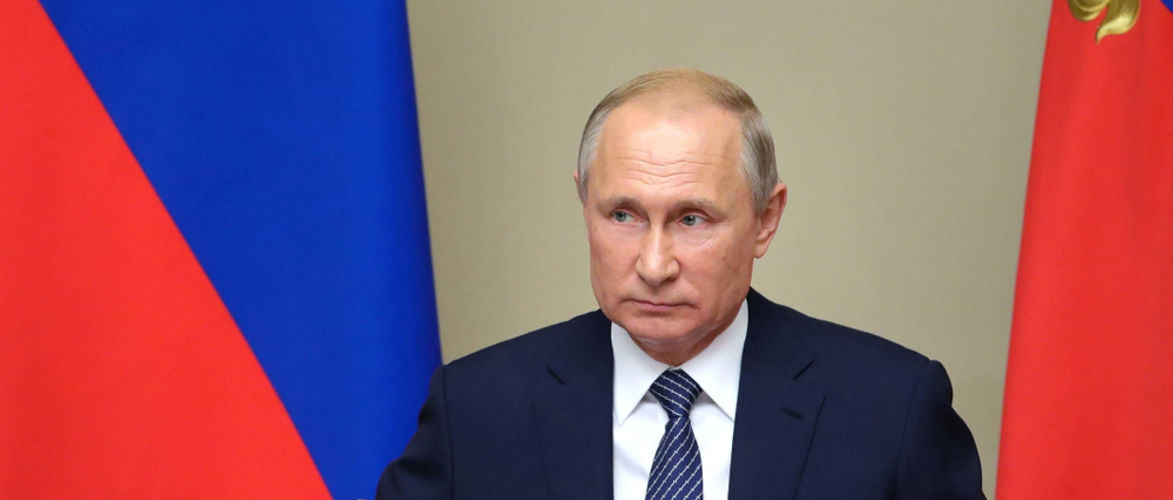
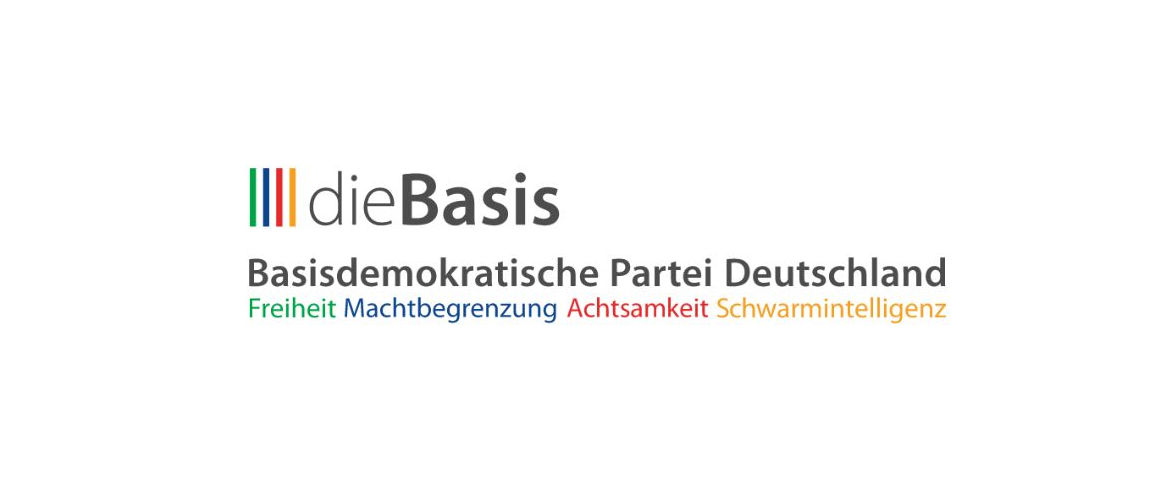

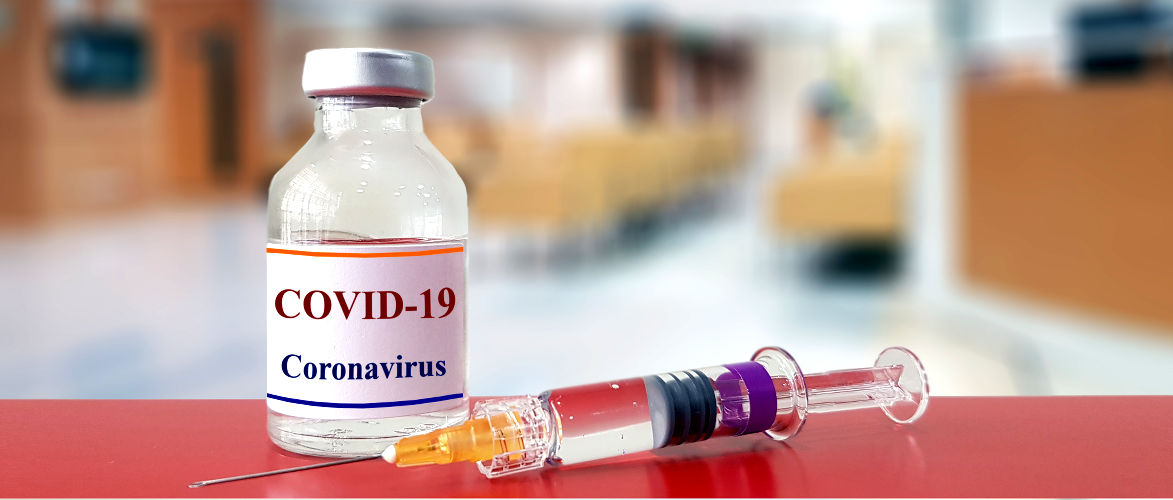
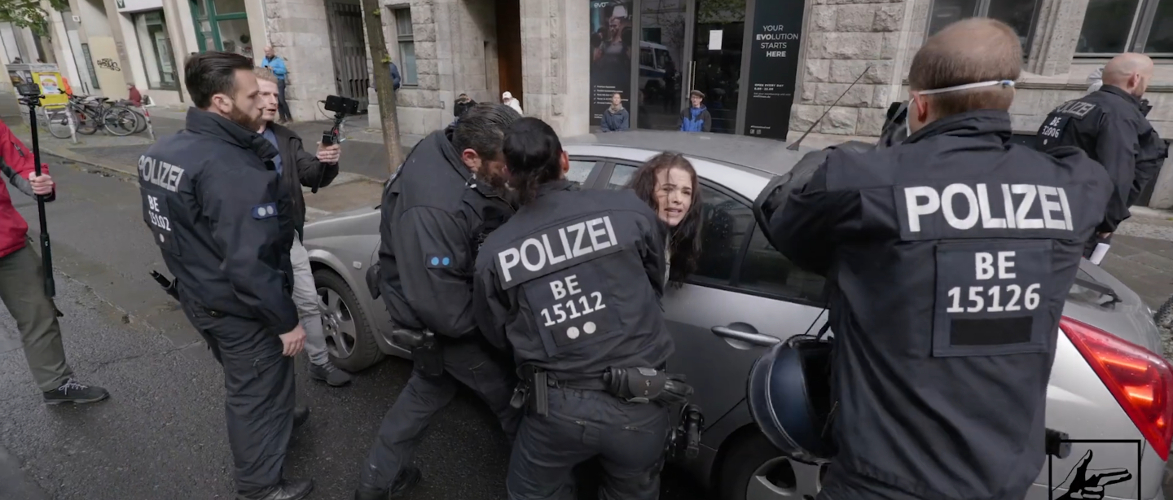

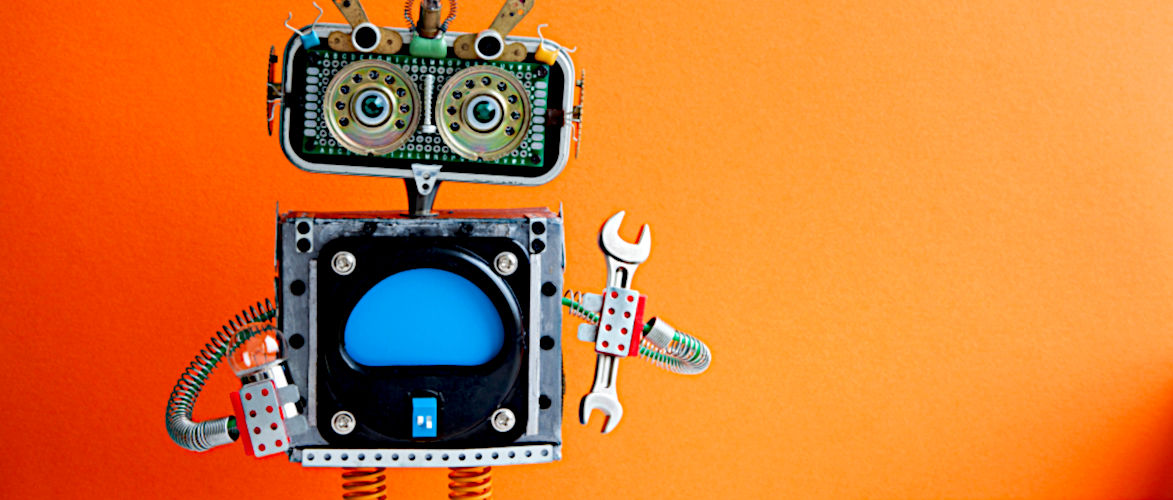
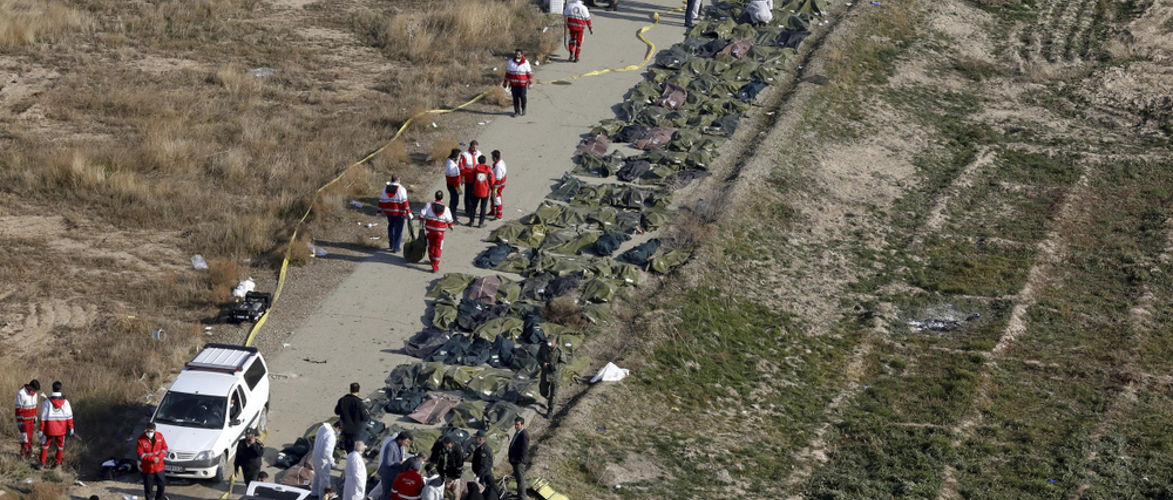
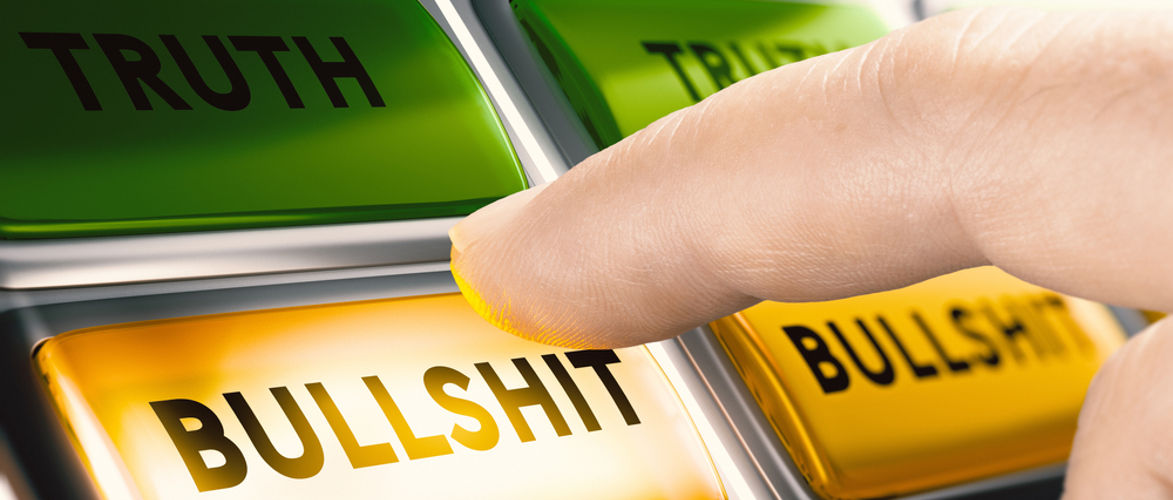
Kommentare (0)